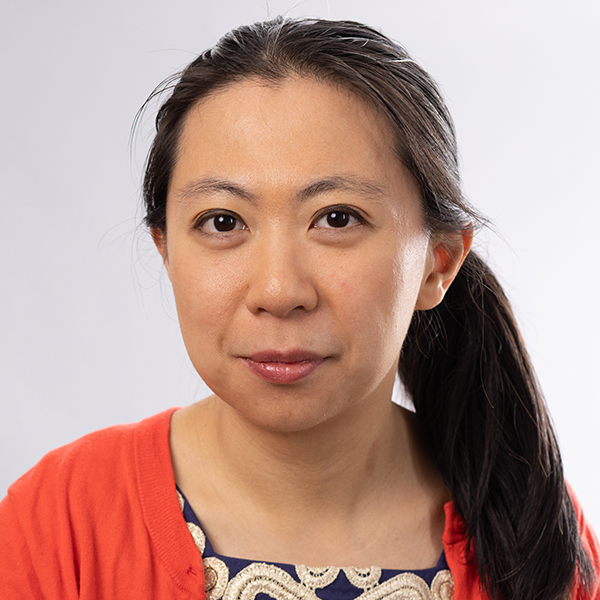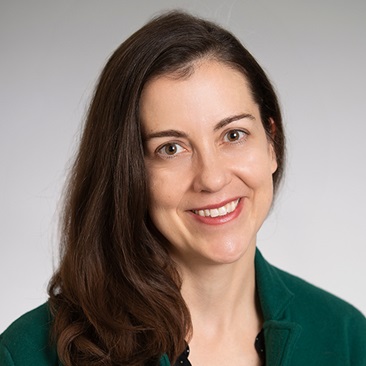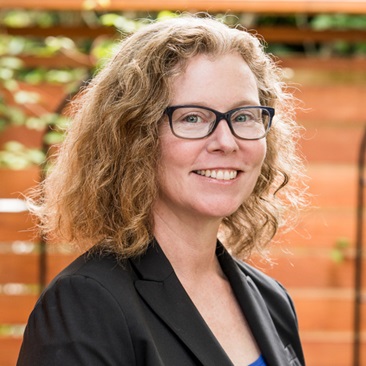full-time faculty teaching and conducting research in political science
of Maxwell faculty conduct research focused outside of the U.S.
graduate students in residence; fewer than 12 admitted each year
Undergraduate Studies
Graduate Studies

I am Maxwell.
Civic engagement is a core value for me. I have always aspired to help the communities I’m from.” Mazaher Kaila, a Maxwell alumna and third-year student at Syracuse University's College of Law, moved with her family from Sudan to Central New York when she was four years old. “I realized that to make meaningful change in society, I needed to understand the systems that power it—government and politics—and that’s insight I would gain by studying political science.”
Mazaher Kaila ’19, L’22
political science, law
Emily Thorson Discusses the Impact of Policy Misinformation on the Science of Politics Podcast
July 11, 2024
Niskanen Center
We have overestimated the influence of partisan misinformation during political campaigns. But that doesn’t mean we’re well-informed. Americans know little about important public policy issues and they “know” things that aren’t so.
Emily Thorson, assistant professor of political science, finds that Americans concoct information about current policy to match what they think they know. It’s not that they are fed misinformation but that the media report little about the details of current policy, leaving voters to make up the facts. Correcting this misinformation about existing policy can make a difference and help Americans evaluate new proposals for policy change.
“The media doesn’t tend to cover current policy nearly as much as it covers policy conflict, policy outcomes. And so the basic information about existing policy just doesn’t get out there,” says Thorson.
“And what that means is that people kind of try to figure it out on their own. They engage in inductive reasoning to try to figure out how social security works, how refugee admission works, and often they get it wrong,” she says.
“But the good news is that these misperceptions are really correctable. People process the corrections, they understand them, and they even recall them up to a month later,” says Thorson. “And they also, correcting these types of misperceptions seems to have downstream effects on attitudes. So when people find out how many of these public policies actually work, they become more supportive of them.”
Listen to the Niskanen Center's “The Science of Politics” podcast or read the transcript: “The impact of policy misinformation.”
Related News
Commentary

Aug 1, 2024
Commentary

Jul 31, 2024
Commentary

Jul 30, 2024
BaoBao Zhang Joins First Cohort of AI2050 Early Career Fellows
One of only 15 scholars chosen from across the U.S., Zhang will receive up to $200,000 in research funding over the next two years. Zhang will use the funding to partner with the nonprofit, non-partisan Center for New Democratic Processes to test whether public participation in AI governance is increased through the creation of public assemblies, known as “deliberative democracy workshops.”
Baobao Zhang
Assistant Professor, Political Science Department

Emily Thorson Discusses the Impact of Policy Misinformation on the Science of Politics Podcast
July 11, 2024
Niskanen Center
We have overestimated the influence of partisan misinformation during political campaigns. But that doesn’t mean we’re well-informed. Americans know little about important public policy issues and they “know” things that aren’t so.
Emily Thorson, assistant professor of political science, finds that Americans concoct information about current policy to match what they think they know. It’s not that they are fed misinformation but that the media report little about the details of current policy, leaving voters to make up the facts. Correcting this misinformation about existing policy can make a difference and help Americans evaluate new proposals for policy change.
“The media doesn’t tend to cover current policy nearly as much as it covers policy conflict, policy outcomes. And so the basic information about existing policy just doesn’t get out there,” says Thorson.
“And what that means is that people kind of try to figure it out on their own. They engage in inductive reasoning to try to figure out how social security works, how refugee admission works, and often they get it wrong,” she says.
“But the good news is that these misperceptions are really correctable. People process the corrections, they understand them, and they even recall them up to a month later,” says Thorson. “And they also, correcting these types of misperceptions seems to have downstream effects on attitudes. So when people find out how many of these public policies actually work, they become more supportive of them.”
Listen to the Niskanen Center's “The Science of Politics” podcast or read the transcript: “The impact of policy misinformation.”
Related News
Commentary

Aug 1, 2024
Commentary

Jul 31, 2024
Commentary

Jul 30, 2024

